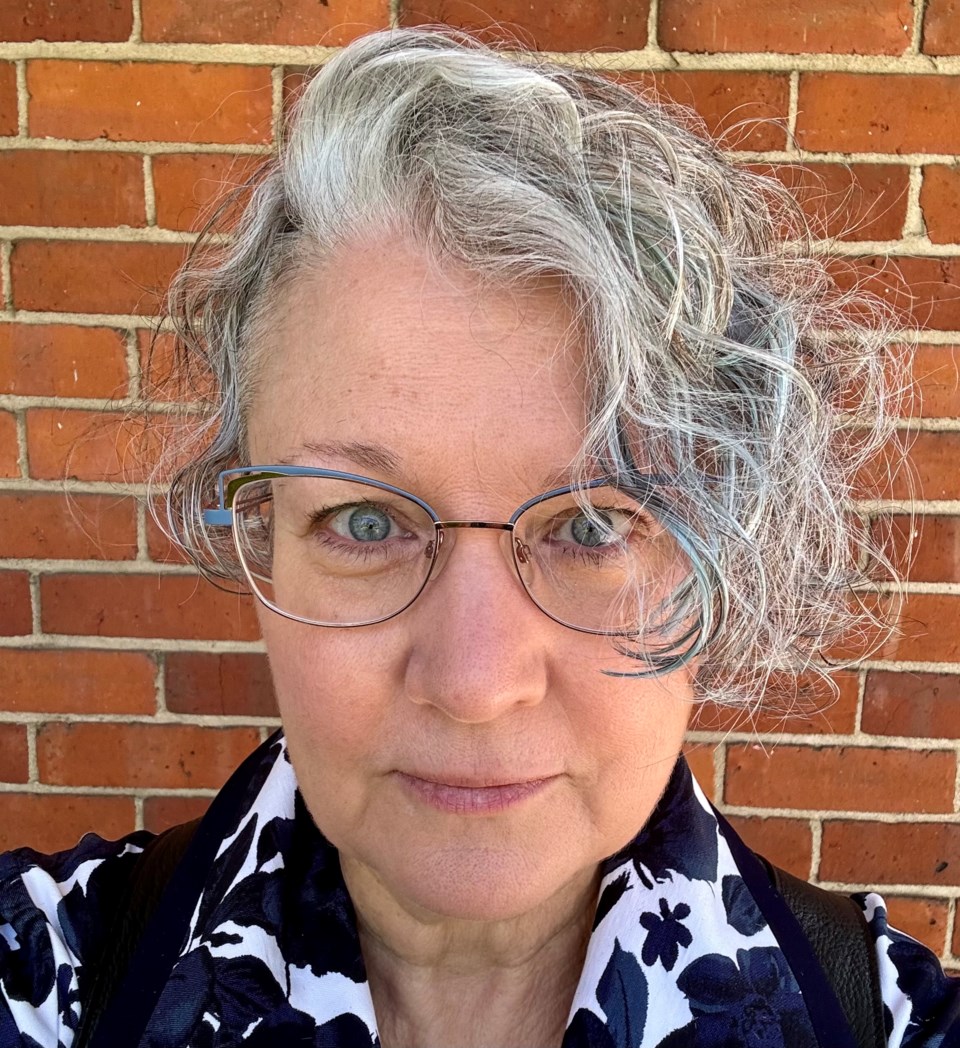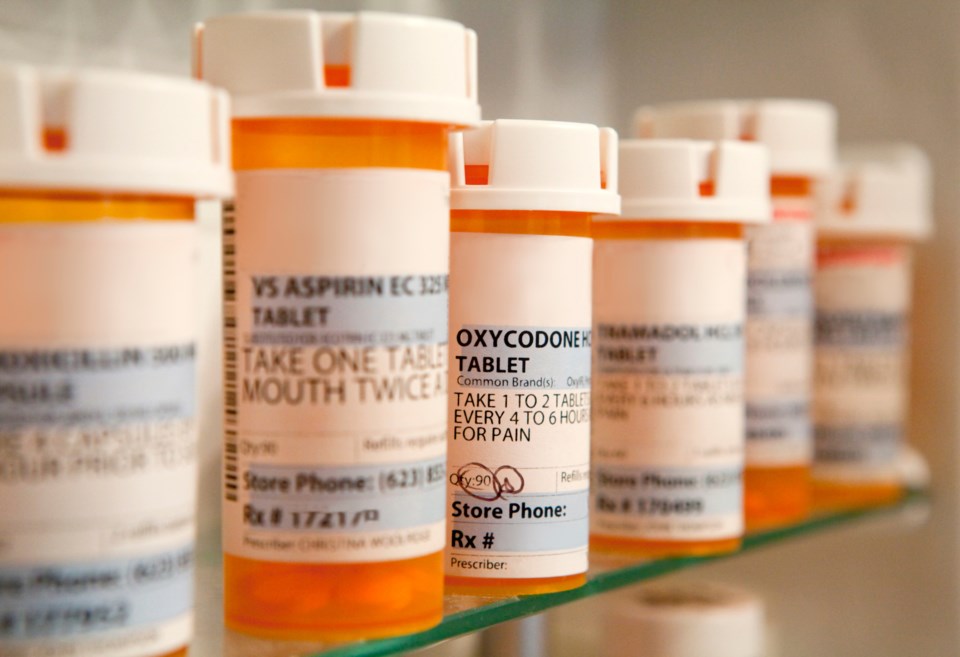As an Orillia working group advocates for a community hub to help with mental health and addiction issues, one of its members is “incredibly” frustrated with the provincial government’s inaction on approving supervised consumption sites (SCS's).
SCS's monitor those using illicit drugs to help prevent and intervene during overdoses, and the provincial government put a hold on all applications for the facilities following a shooting outside of a site in Toronto's Leslieville neighbourhood last summer.
In late June, local health officials subsequently pulled the plug on a proposed SCS in Barrie, after two-and-a-half years of silence from the province on its application, despite previous endorsements by city council and an approval by Health Canada.
Health officials say that despite several requests, there has been no response from the Ontario Ministry of Health, which would have been responsible for funding capital and operating costs for the SCS proposed for Innisfil Street in Barrie.
Given the lack of action by the provincial government on the application, officials ultimately withdrew their application as they were "not comfortable continuing to pay rent without a response when we could be using these funds to meet other needs of the community,” said Dr. Valerie Grdisa, CMHA Simcoe County's CEO, in a news release.
For Orillia Coun. Janet-Lynne Durnford, the province’s radio silence on the issue is disappointing.

“It's incredibly frustrating. It denies the science,” Durnford told Village Media. “There's robust data that supports supervised consumption sites as harm reduction. There's tons of evidence that they save lives, especially when supervised consumption sites are combined with access to withdrawal services.”
Durnford is part of the city’s addiction and overdose crisis working group, which is working on bringing a community hub to Orillia to help connect residents with mental health or addiction issues with the local healthcare system.
While the community hub is the working group’s primary goal, Durnford said the group is also advocating more broadly for harm reduction services — which include supervised consumption sites.
“The data is unequivocal. Even though it's not something that we're working on currently, it's certainly something that I think we need to be open to as a city," said the Ward 4 councillor.
“We’re still very much advocating for better access to harm reduction services, both here and across the province,” she said.
The working group’s predecessor, the opioid crisis working group, previously identified a host of local needs to address the opioid crisis, including harm reduction services like supervised consumption sites — many of which require funding from additional levels of government.
Similarly to health officials in Barrie, Durnford said the working group’s report has been met with radio silence from the province, adding the group has also heard nothing back from Simcoe North MPP Jill Dunlop.
“The original report was sent to her and we didn't hear anything,” Durnford said.
As the opioid crisis rages on, with 16 suspected drug-related deaths in the region in May alone, Durnford plans to advocate for harm reduction services at an Association of Ontario Municipalities (AMO) conference this summer.
“We have requested a deputation with the Minister of Health to specifically target those recommendations that we made as part of that report, because we've heard nothing back from the province,” she said.
While Dunlop did not comment on the province's stance on supervised consumption sites, she provided a statement to Village Media lauding the Ontario government for investing "historic" amounts in an array of services meant to help those in need.
“Our government is focused on solutions that protect people's safety while continuing to invest historic amounts of funding in treatment services and other core services like housing with an additional investment of $396 million over three years for mental health and addictions service," Dunlop said in a statement.
"Through the Roadmap to Wellness, we have invested over $525 million since 2019 in a range of addiction services without the need for referral to include rapid access addiction medicine clinics, addiction recovery beds, youth wellness hubs, structured psychotherapy program, renascent virtual intensive treatment program and opioid agonist therapy.”



